Wood paneling, once a symbol of the 70s and 90s, has shed its dated image and stepped into the 21st century as a stylish and versatile design element. Interior designers are embracing its warmth, character, and architectural interest, breathing new life into both contemporary and historical homes.
“People are growing tired of the ubiquitous white walls and smooth surfaces,” explains Emily Ward of the design duo Pierce & Ward. Wood paneling offers a welcome alternative, bringing a touch of natural beauty and texture to any space.
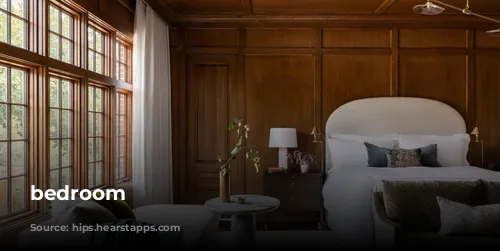
Beyond the Past: A Timeless Classic
While some might associate wood paneling with outdated trends, its timeless appeal endures. “Just because something was popular for a certain period doesn’t mean it’s not ultimately timeless,” emphasizes Shannon Eddings, an Austin-based designer. Wood paneling, like any design element, can be revitalized with a fresh coat of paint or stain, allowing it to seamlessly blend with modern aesthetics.
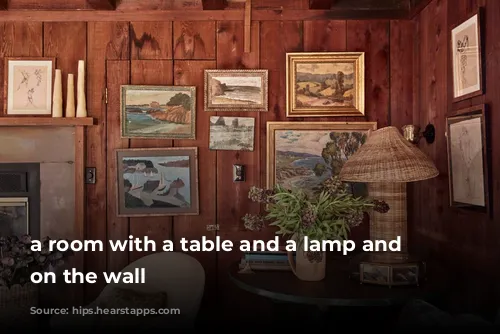
Back to the Roots: Authentic Materials and Craftsmanship
The 20th century saw the rise of inexpensive laminates and vinyl wood-look products, making wood paneling widely accessible—and perhaps, overused. However, designers are returning to the roots of this material, favoring real wood and high-quality craftsmanship to ensure a lasting and beautiful finish.
Roman Alonso of Commune Design takes it a step further, championing the use of local wood as a way to connect the home with its surroundings. “It’s a bonus when you can utilize native woods from the area, bringing the outdoors in,” he explains.
Embracing History: Wood Paneling Styles
Wood paneling can be a fantastic way to celebrate the history of your home, especially when you choose a period-appropriate style. “People are increasingly interested in utilizing historical architectural details and honoring the original character of their homes,” notes Britt Zunino of Studio DB.
Let’s explore the different styles of wood paneling, helping you select the perfect option for your home:
Beadboard: Rustic Charm
This style, known for its beaded edge and beveled edges, creates a charming cottage feel. The beaded detail, visible along the joints, adds a decorative touch. Today, beadboard is often available as sheets, simplifying installation.
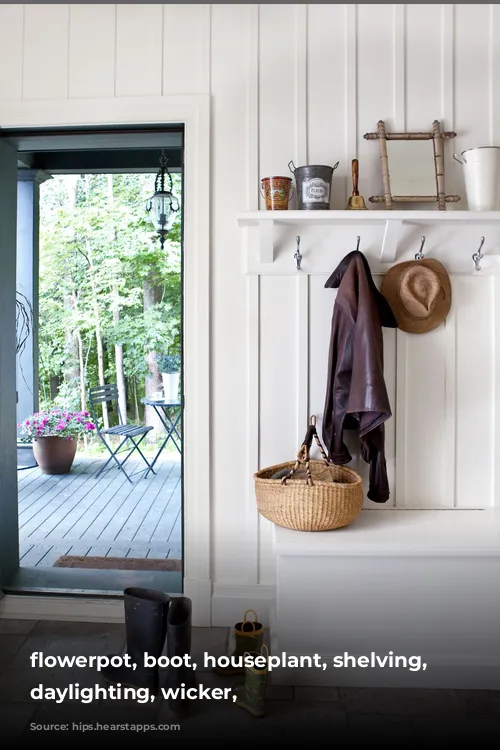
V-Groove: Versatility and Modernity
V-groove paneling features chamfered edges, resulting in a shallow V-shaped groove between the boards. Like beadboard, it’s commonly found in sheets, eliminating the need for individual fitting.
V-groove paneling is often perceived as more versatile, formal, and modern than beadboard. It’s also generally slightly wider.
Board and Batten: Classic and Contemporary
This specific style involves installing flat wood panels and then covering the seams with thin vertical strips of wood called battens. Traditionally used for weatherproofing on exteriors, board and batten paneling is now popular in interiors as well, often made from vinyl or fiber cement board.
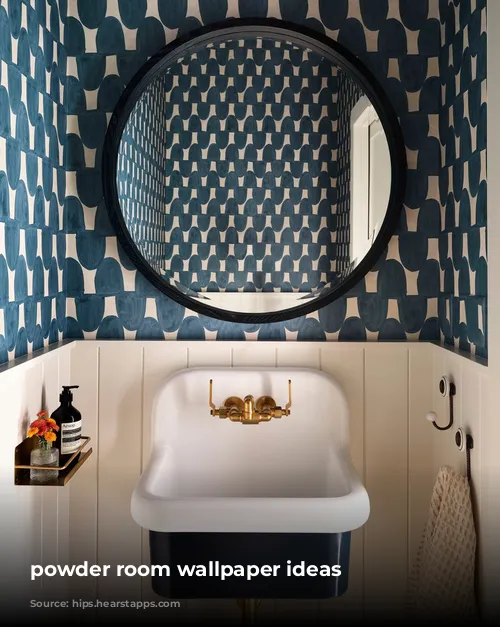
Wainscoting: Elevated Design
Wainscoting describes decorative wood paneling that typically covers the lower third of a wall. Originally intended for insulation and protection from furniture, wainscoting can be achieved using a variety of paneling styles, including raised panel, V-groove, shiplap, and beadboard.
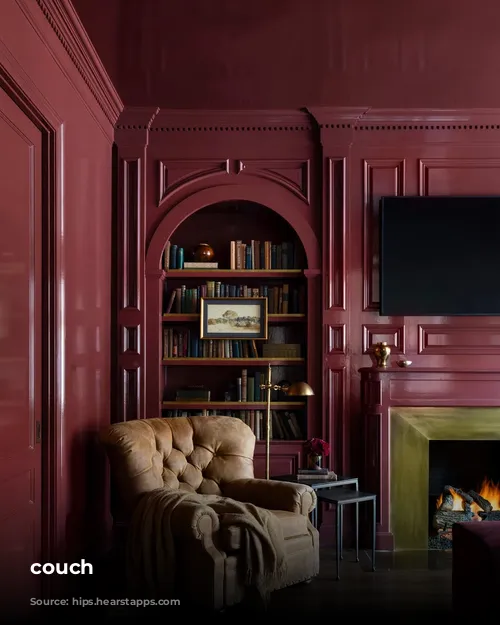
Shiplap: Nautical Flair
Shiplap consists of wooden planks, real or faux, fitted together at a 90-degree angle. Traditionally, shiplap boards were installed horizontally with a small “nickel gap” between them, creating its signature look. Shiplap was used in maritime applications, and now it brings a nautical touch to modern interiors.
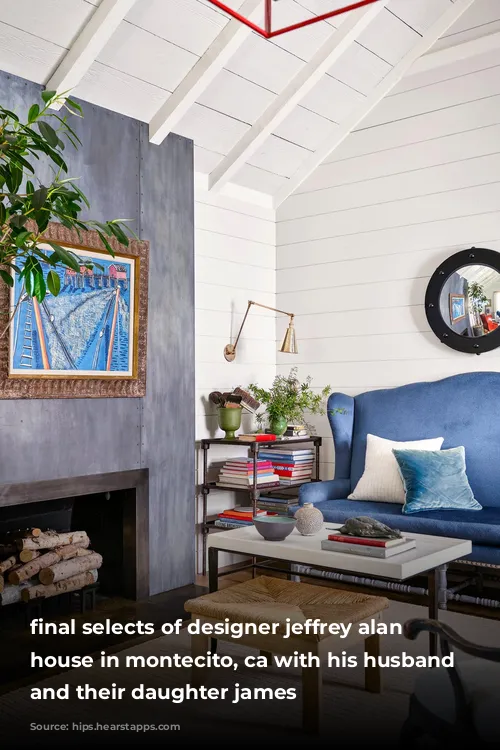
Flat Paneling: Simple Elegance
As the name suggests, flat paneling is flat with minimal grooves or decorative elements. It’s traditionally comprised of flat strips of wood joined together to create a paneled effect.
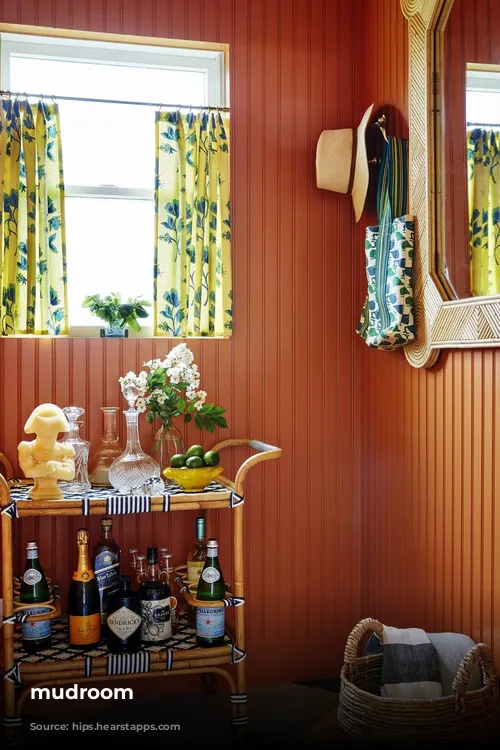
Raised Panel: Victorian Grandeur
Raised panel wood paneling creates a grid effect on a wall or the lower third of a wall. The individual panels have framed insets with beveled edges. This style is commonly found in kitchen cabinets and was particularly popular in Victorian interiors.
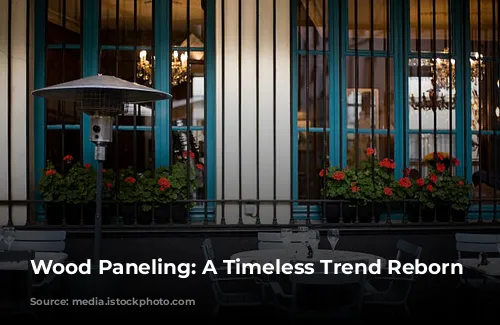
Tongue and Groove: Interlocking Boards
Tongue and groove paneling refers to boards with a “tongue” (deep ridge) and “groove” (slot) on opposing sides. The tongue fits into the groove of the adjacent board, creating a secure and interlocking fit.
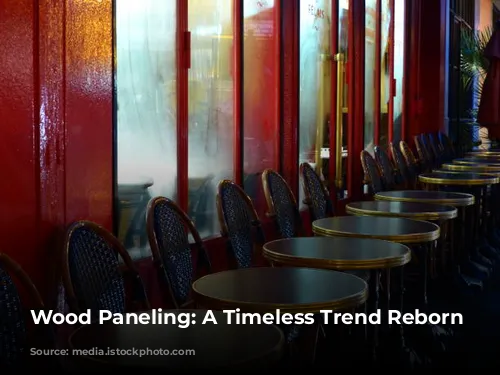
Cost Considerations
Installing wood paneling on walls costs between $1,000 and $15,000 for a 12×12 room, according to Angi. The cost varies depending on the panel materials. Real wood is more expensive than faux wood-look vinyl or laminate paneling. MDF or plywood fall on the lower end of the price range for natural wood, while exotic woods can cost upwards of $40 per square foot.
Remember to factor in the cost of painting or staining the paneling.
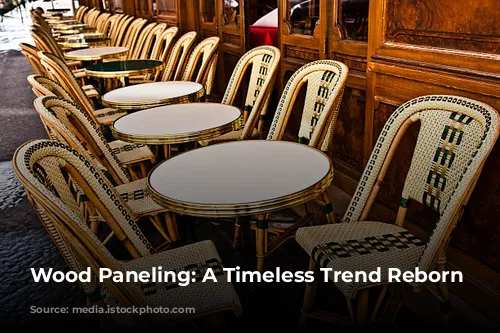
Historical Roots and Modern Appeal
While wood paneling might seem like a sudden 1970s trend, its history stretches back much further, dating to doorway details in the Greco-Roman architectural period. Using wood paneling can not only embrace historical architectural details, but also create a modern and sophisticated look.
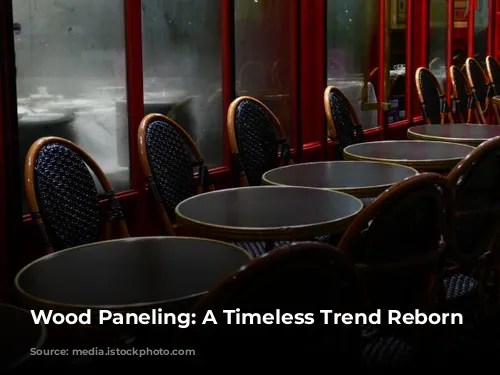
Designing with Wood Paneling: Expert Tips
Here’s how designers use wood paneling to achieve modern and stylish results:
- Mix materials and finishes for a balanced look, incorporating metals or pops of color that harmonize with the wood.
- Utilize different paneling styles to achieve a desired feel, with smaller panels providing a classic or English cottage vibe, and wider tongue and groove creating a more modern aesthetic.
- Experiment with paint colors to enhance the paneling’s style, opting for traditional hues or bold modern colors.
- Consider high-gloss paint to refresh dated paneling, adding color and drama to a room.
Frequently Asked Questions:
- Can you buy wood paneling in sheets? Yes, sheets are readily available at local hardware stores or specialty retailers, simplifying installation and offering cost savings.
- Does wood paneling reduce noise? While it can help reduce noise, it’s not a complete soundproofing solution.
- Is wood paneling more expensive than drywall? Yes, wood paneling is generally more expensive than drywall. It’s usually installed on top of drywall, requiring additional costs for both materials.
Embrace the timeless appeal of wood paneling and add warmth, character, and architectural interest to your home. Let the beauty and versatility of this material inspire you to create a space that reflects your unique style.
